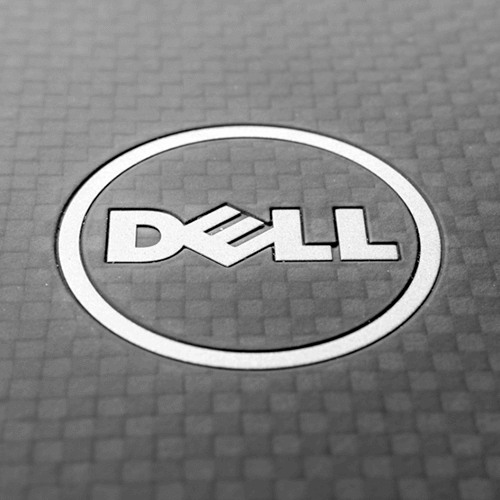In recent years, virtual offices have gained popularity for their ability to offer businesses a prime location business address without a physical office space.
For example, today, you can be a business owner in the US with a presence in Tokyo through the use of a virtual office service.
Of course, virtual offices aren’t the best choice for all businesses. For instance, businesses that need to hold frequent face-to-face meetings with clients or customers may face challenges in a virtual environment.
Here’s what you should know about virtual offices vs physical offices before making your decision.
The Difference Between Virtual Offices and Physical Office Spaces
A virtual office is a type of office that doesn’t have a physical location. Instead, it provides businesses with a range of services, such as a business address, mail handling, phone answering, and meeting rooms.
A physical office refers to a traditional brick-and-mortar office where employees work in a physical location or where you have a physical store.
When to Choose a Virtual Office
Here are some situations where a virtual office might be a better choice over a physical office:
Cost Efficiency
Opting for a virtual office can offer businesses a plethora of benefits, with cost-effectiveness being a major advantage. For instance, virtual office services typically come in the form of a subscription, costing between $50 to $100 per month. Whereas a physical office, depending on the location, can cost anywhere from a thousand to several thousand dollars per month.
Flexibility
Many startups and small business owners choose a virtual office setup because of the flexibility it offers. You can start a business in any state or country that offers a virtual office address for rent—without needing to move across state lines to do so.
Remote Work Culture
If you have employees, switching to a virtual model allows them—and you—the freedom to work remotely from their homes. Many virtual office providers come with a virtual mailbox attached, so that you can open the mail addressed to your place of business from the comfort of your home. Providing employees with a remote work option is a great way to both keep and attract your best workers.
Environmental Impact
Choosing a virtual office setup is one way to reduce your carbon footprint, as there are virtually no emissions associated with renting a virtual office address. Your employees and you no longer need to commute, and the physical building itself is not consuming energy for heating or cooling.
When to Choose a Physical Office Space
Here are times when it might be best for you to choose a physical office location over a virtual office setup.
Client Interaction
If your business requires you to meet with clients regularly, then having a setup in which to do so might be a better and more convenient choice in the long run. Meeting up at coffee shops or other coworking spaces is great for casual interactions or brainstorming sessions. But for complex negotiations or sensitive meetings, a physical office may be better suited for that.
Team Collaboration
Some teams work better when there’s a higher level of interaction between the individuals. This isn’t true for all cases but may be true in your case. Consider the personality of your crew and the types of interactions that are necessary for your business. Can you get by with Zoom calls and Slack? Or do you and your team want more than that?
Brand Image
Here, too, this isn’t true for all businesses, but in some cases, having a physical office space can be an important part of a company’s brand image and can be reassuring to clients and customers.
Evaluating Your Business Needs
Now that you know the pros and cons of both sides, let’s talk about how to evaluate your business as you make your choice. Here are some questions to ask yourself:
What’s Your Budget?
One of the most significant advantages of a virtual office is that it is much cheaper than a physical office space. Virtual offices eliminate the need for expensive rent and utilities, office equipment, and maintenance costs. If budget is a primary concern, a virtual office may be the best option for your business.
Where Do You Want to Be Based?
If your business requires a prestigious address, a virtual office may be the way to go. Virtual offices provide businesses with a professional address that can be used on business cards, websites, and other marketing materials. This can help your business appear more established and credible to potential clients.
On the other hand, if your business requires a physical location for meetings or customer visits, a physical office space may be necessary.
How Much Flexibility Do You Want?
Virtual offices offer flexibility that physical office spaces cannot match. With a virtual office, businesses can have a presence in multiple locations without the need for a physical space. This can be particularly useful for businesses that have employees or clients in different cities or countries.
What Type of Company Culture Are You Trying to Establish?
The choice between a virtual office and a physical office space can also come down to company culture. If collaboration and face-to-face interaction are essential to your business, a physical office space may be necessary. However, if your business values flexibility and remote work, a virtual office may be a better fit.
Conclusion
Choosing between a virtual office and a physical office space can be a difficult decision for any business owner. While a physical office space provides a traditional work environment with a dedicated space for employees to work, a virtual office offers greater flexibility, cost savings, and access to a global network of professionals.





















